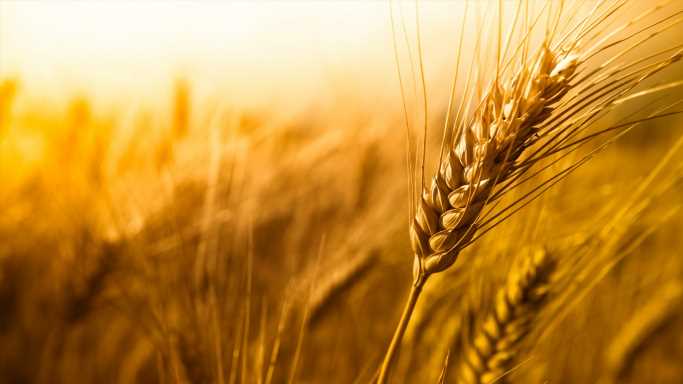5 Top Issues in Ukraine War Tuesday
More European Union sanctions appear to be on their way. The EU’s executive body, the European Commission, has submitted a draft of additional sanctions against Russian oligarchs, politicians and three Belarussian banks, according to a report from Reuters. The sanctions will be discussed Tuesday morning by EU officials.
The new package includes sanctions against members of the Russian Federation Council, the upper house of the Russian Parliament. Unnamed Belarusian banks would be excluded from participation in the international Swift transaction system, joining the seven Russian banks that already have been banned. Also part of the recommended sanctions are bans on the export of naval equipment and software and “guidance on the monitoring of cryptocurrencies to avoid their use to circumvent EU sanctions.”
Crude oil prices jumped to near $127 a barrel on Monday before falling back to around $116. West Texas Intermediate (WTI) settled at $119.40 on the day and has climbed about 2.5% to $122.32 in early trading Tuesday. Brent crude settled at $123.21 on Monday and traded up about 3.4% at $127.34 early Tuesday. A month ago, WTI traded at around $89 a barrel and Brent near $90.
The average price of a gallon of regular gasoline jumped by about $0.10 a gallon since Monday and rang in early Tuesday at $4.17 per gallon, according to GasBuddy. That’s the highest average in more than a dozen years.
Commodity prices were soaring, especially for industrial metals like nickel and magnesium. Trading in nickel futures was halted early Tuesday morning after the nickel contract doubled to more than $100,000 per ton. The London Metals Exchange introduced several changes to the main futures contracts it offers. Backwardated near-term spreads (where spot contracts trade higher than futures contracts) are now limited and some short sellers will be allowed to avoid delivery.
Wheat prices rose by more than 5% to $13.63 early Tuesday but then dropped virtually all of that gain. Between them, Russia and Ukraine account for about one-third of global wheat exports. The U.N. World Food Programme, which had sourced about half its wheat from Ukraine, is instead now directing its supplies inward to Ukraine and nearby countries where refugees from Russia’s invasion need to be fed. Countries like Afghanistan, Sudan and Yemen now face a greater threat of starvation due to the invasion.
Evacuations from some of the most embattled cities have begun after a cease-fire agreed to by Ukraine and Russia appeared to be working. The northeastern city of Sumy has begun evacuating people by bus and buses have been leaving Kyiv even though the government has warned that Russia has plans to “disrupt the work of humanitarian corridors” by manipulating the evacuees into territory controlled by Russia.
Gold prices have increased by more than 10% over the past month. The yellow metal settled at $1,995.90 on Monday and traded as high as $2,027.80 early Tuesday morning. That is the highest price for gold in nearly three years. According to the Financial Times, gold exchange-traded products have recorded inflows of $5.1 billion so far in 2022. At the same point last year, outflows totaled $9.9 billion.
Bitcoin bounced higher Tuesday morning as well, rising to $39,204 after settling at $37,873 on Monday in New York. The cryptocurrency traded at around $38,730 Tuesday morning, up about 2.2%.
Source: Read Full Article

